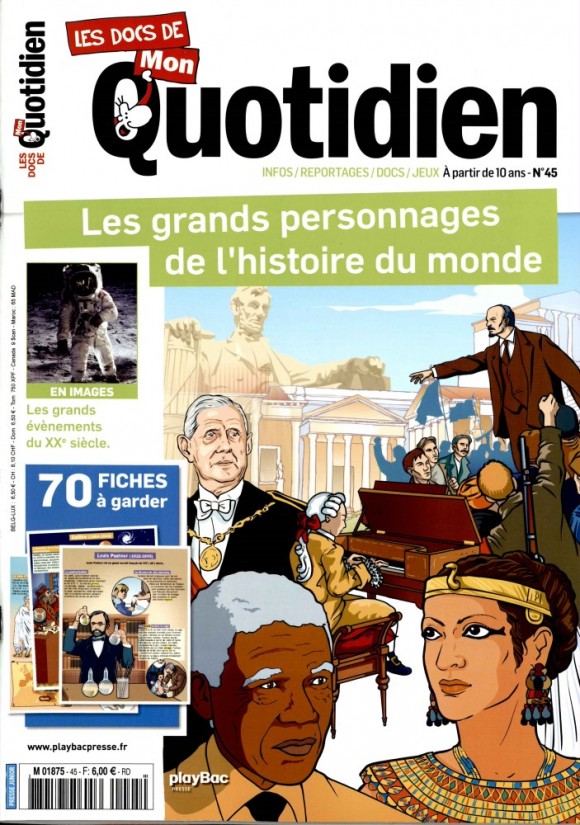It’s no secret that newspapers are on the decline. With the incredible internet boom in the last two decades, consumers are continuously moving away from newspapers and turning instead to blogs and twitter feeds. Traditional media has struggled to keep up. According to a recent article by the New York Times, in 2009 France took a radical approach to stay afloat: targeting youth.
With an initiative called “My Free Newspaper,” the French government gave college-aged citizens the ability to subscribe to a newspaper of their choice for free. The general method of thinking was that if they could get young adults hooked on a newspaper in that first year, money would follow when the subscription runs out. Amazon Prime takes a similar approach – giving college students the ability to ship items for free in only two days for six months before a subscription is necessary.
Some were wary of the project, saying that it might only appeal to those who were already customers. Some also worried that this new service might reinforce the idea that news should be free. As the government had already subsidized the newspaper industry and rate of sales were slower than in other countries, however, had to try.
Another NYT article continued to illustrate the region’s hope to appeal to younger news-readers. Mon Quotidien, one of France’s most popular daily newspapers, is geared towards – and partially staffed by – children. Featuring articles about sports, entertainment and current events that relate to the history children learn at school – the 8 page paper is truly innovative.
In a time when France has only about half the newspaper readership as Britain, it is promising to see that France is continuing to produce new ideas and content. Although the results of their recent campaigns for youth are unclear, it is obvious that the country is making news and news media a priority.
To view the original articles, visit the following sites:
http://www.nytimes.com/2009/10/28/business/media/28papers.html?_r=1&
http://www.nytimes.com/2010/07/27/world/europe/27paris.html?_r=1







